With more drones in Australian skies, mandatory drone registration and operator accreditation are on the way to help make flying safer and more enjoyable for all
Australians will soon need to register their drones or remotely piloted aircraft (RPA) before they fly for business or as part of their job. The process is quick and easy through myCASA—CASA’s online services portal.
The new rules will also require drone users to obtain an operator accreditation that will prove the user has learnt the drone safety rules and standard operating conditions. You do not need an accreditation if you hold a remote pilot licence (RePL) or are only flying for sport or recreation.
All drones flown for work, training, research or community service will need to be registered by 28 January 2021, regardless of type or weight. Registration will be valid for 12 months. If you do not intend to fly your drone, you do not need to register it.
Registration of a drone will require a description of the unit—make, model, serial number, weight and type. If your drone does not have a serial number, CASA will provide one to put on your drone.
The operator accreditation can also be obtained via myCASA by watching a short video and completing the online test. You’ll automatically receive your certificate once you pass and it’s valid for three years.
Operators will require a myCASA account and an aviation reference number (ARN) which can be obtained via myCASA for free. Proof of identification will also be required, such as an Australian passport, Australian birth certificate, Australian citizenship certificate or foreign passport. The applicant will need to be at least 16 years old.
If you are flying your drone for fun, you do not have to do anything now. However, all drones flown for fun weighing more than 250 g will soon need to be registered and operators will also need to be accredited—registration and accreditation for sport and recreation will open in March 2022 and be required by 30 May 2022.
Detecting drones near airports
People who fly drones near airports take note: detection equipment is now installed at all of the nation’s 29 civilian controlled aerodromes.
This makes Australia one of the first countries in the world to have that range of coverage.
CASA has provided the necessary regulatory approvals to ensure this capability can be installed and used by Airservices and Defence.
The decision to collaborate with these two organisations follows the success of CASA’s early trials to detect remotely piloted aircraft (RPA).
‘In 2018, we conducted a trial of passive drone detection technology at seven major Australian airports and Sydney Harbour restricted airspace,’ CASA Chief Executive Officer and Director of Aviation Safety, Shane Carmody, says.
‘While there were no surprises in the results of the trial, it did confirm that there was some unlawful RPA activity near the airport boundary and gave us real data to work with which can also assist aerodromes in managing the potential for unlawful operations effectively.
‘Gathering this data provides Government with information for informed decision-making. For CASA, we have been able to use this data to target hotspots identified through the trial and deploy our mobile surveillance capability, often in partnership with local police, to pinpoint unlawful operations.
‘Following the success of CASA’s early trials, we identified an opportunity to collaborate with Airservices and Defence to roll out permanent drone detection technology at all civil-controlled aerodromes.’
The next phase is installing live feeds to the Airservices national coordination centre. This will allow active 24/7 monitoring of RPA that may enter defined airspace and zones.
Locations were brought online iteratively between late 2019 through to February this year. Since the detection system has been operating, 35,000 drones have been detected near airports.
Look out for the drone safety advocate symbol
CASA is working with drone retailers, wholesalers and manufacturers so you can be confident you’re buying your drone from a supplier who takes drone safety seriously.
CASA-recognised drone safety advocates pledge to follow a specific set of guidelines when selling drones, to ensure they provide you with important safety information on when, where and how you can use your drone safely—before you take-off.
When buying a drone, we encourage you to look out for the drone safety advocate symbol to ensure you’re buying a drone from a responsible supplier.
For a list of drone safety advocates, visit knowyourdrone.gov.au
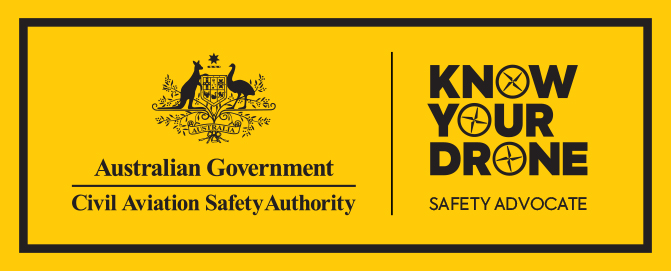

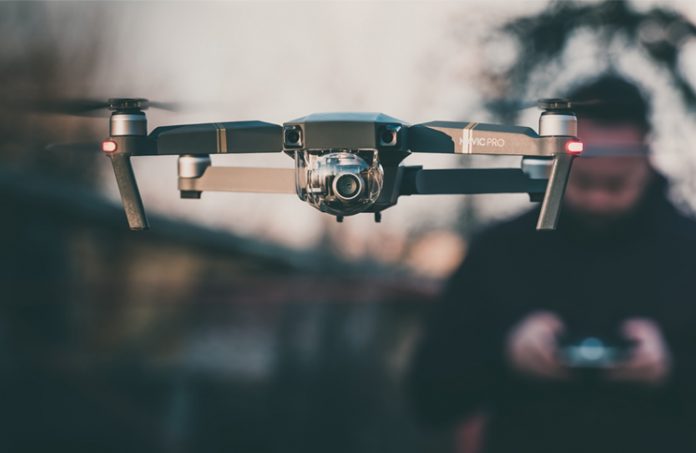
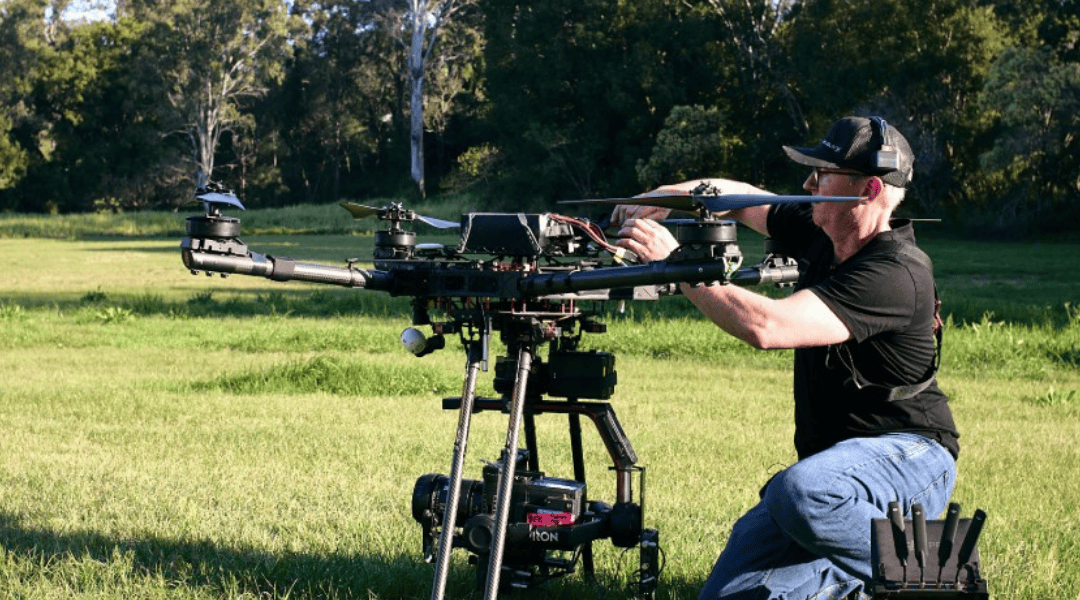
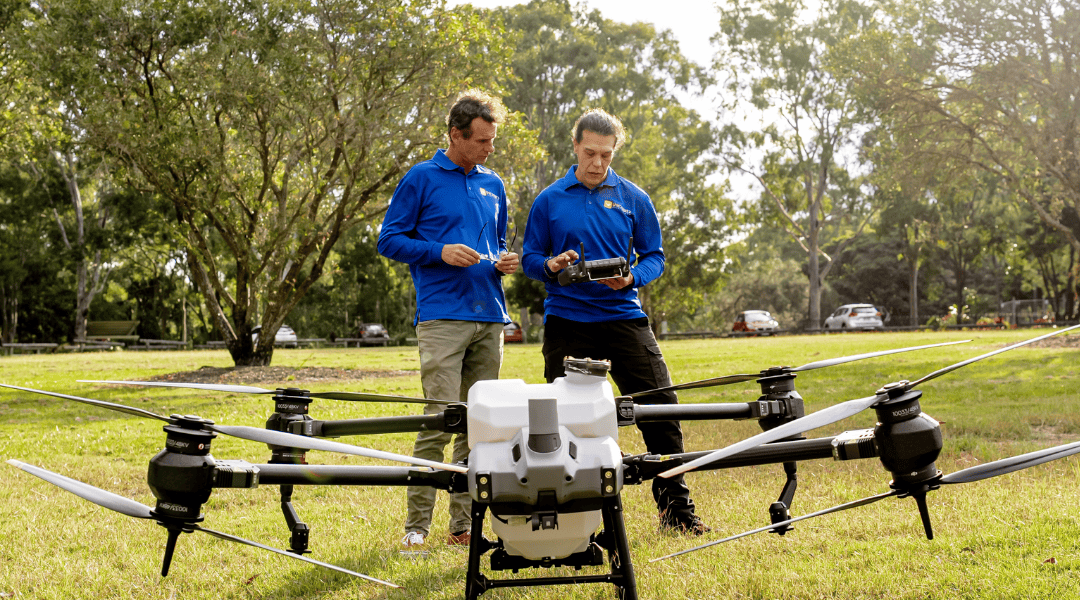
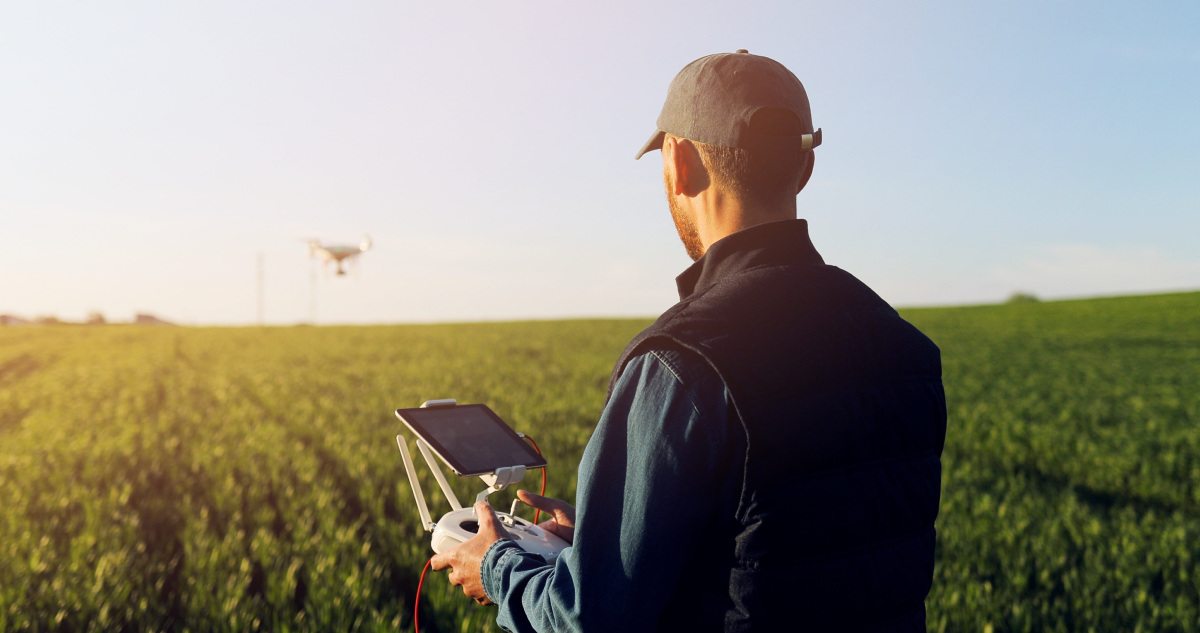

Keep up the Good job CASA is doing…